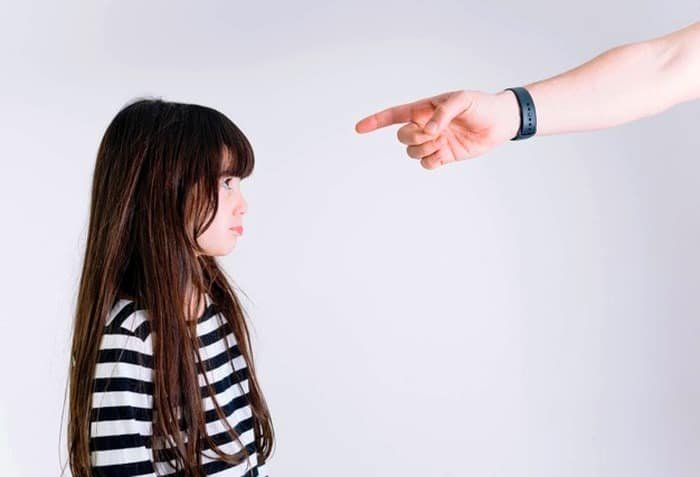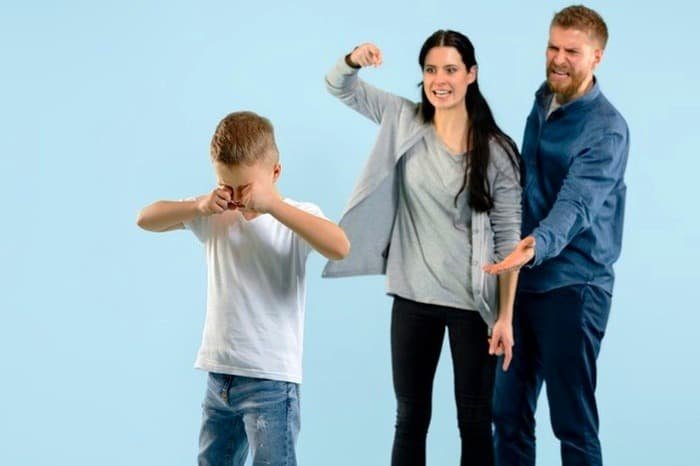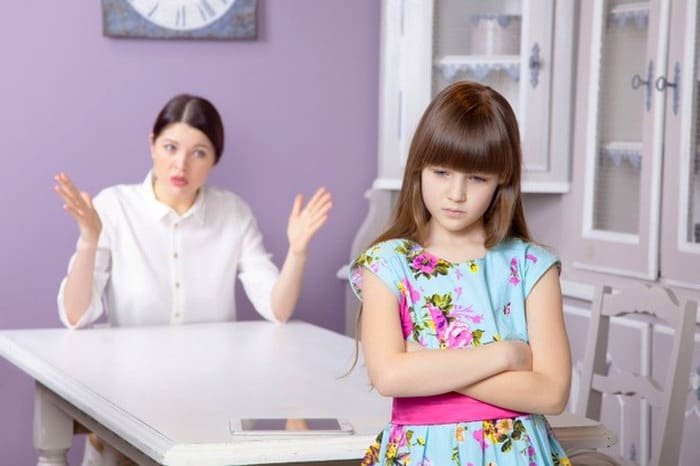The Reasons for Some Parents’ Indifference and Hatred Towards Their Children
A mother’s love and care for her children provide a foundation for their well-being and growth. When this love is absent, it can negatively impact the child’s psychological development, leading to lifelong issues and discomfort.
A parent’s affection offers countless benefits, as previously discussed. The love that parents express through smiles, friendly looks, empathy, and humor is especially critical. Physical affection during infancy and childhood between a mother and child creates a necessary environment for learning, emotional regulation, and building empathy.
Despite this, numerous examples exist of parents who do not treat their children well, even while claiming to love them and voicing their hatred. But why is that?Hatred for ChildrenThere is a reason for this hatred among parents, which is important to understand. Thus, in this section ofSelMagzwe will explore the reasons behind parents’ indifference towards their children. This group of parents:
Have a Negative Self-Image
If parents don’t love themselves or have a negative body image, they propagate this shame and negativity, preventing them from conveying love and tenderness to their children. Generally, those who truly do not love themselves struggle to love others, especially their kids.Transfer Negative Feelingsto Others.

Have Marital Problems
Unfortunately, marital issues hinder a child’s growth, as parents are unable to meet their needs adequately. Parents involved inmarital conflictslack the energy to focus on their children’s needs. If parents cannot love each other, it becomes harder to create a stable, safe, nurturing environment for their kids, hindering attention and praise that affect the children’s education, social interactions, and self-esteem.
Are Immature and Underdeveloped
Parents who are immature or underdeveloped see their children as burdensome dependencies. They find it challenging to cope with the extensive responsibilities of raising a child.

Struggle to Accept Love
If parents suffered during their formative years, they may find it hard to embrace love and intimacy with their children. Due to emotional pain, they unconsciously distance themselves from their child.
Have Unresolved Trauma
Parents with unresolved traumas tend to behave inappropriately towards their children, especially when their kids approach life stages that were traumatic for them. They may react with rejection or overcompensation. Neither response is suitable or constructive for the child. For example, parents who cannot handle reminders of their own childhood sadness might punish their child for crying. Others may suppress their child’s pain by being overly protective. The more someone protects themselves, the more they act defensively towards their child, making it hard to understand the child accurately.
Experience Anxiety

Concerning DeathFor some, becoming a parent serves as a reminder of the passage of time, increasing their death anxiety, which can lead to stress and even anger towards their children, potentially causing them direct or indirect harm.
View the Child as a Project
Parents who see their children as a means of achieving immortality place a harmful burden on them. To achieve this aim, children must mirror their parents’ attitudes and choices. If children diverge from this, their independence is wrongly perceived as rebellion. Parents impose conformity on their offspring, believing they cannot cohabitate with a child who is different from them.
Exhibit Negative Traits

Due to inappropriate parenting styles, many children develop traits that become intolerable. They may display disorderliness, defiance, or disobedience. Even if they are the root of these behaviors, it’s challenging for parents to love a child who manifests these characteristics.
Reasons for Hatred Towards Children







